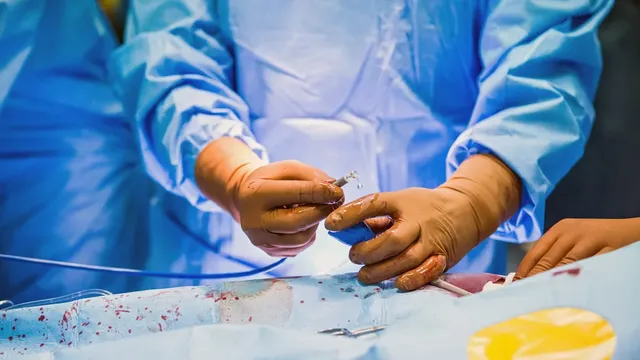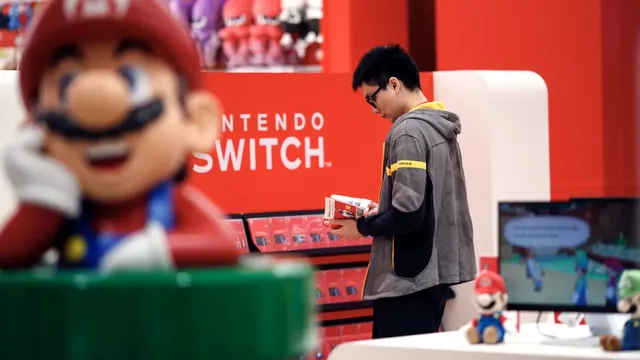A 7-year-old boy from China suffering from end-stage heart failure has become the youngest patient in the world to be fitted with a dual-chamber magnetic levitation assist device. It is the smallest and lightest artificial heart on the market.
The operation, performed earlier this month at Union Hospital of the Tongji Medical College of Huazhong University of Science and Technology in Wuhan, central China, marks a breakthrough that could change pediatric cardiology worldwide, doctors said.
The boy, nicknamed Zhongjun, received the newly developed heart weighing just 45 grams and measuring 2.9 centimetres in diameter.
He was diagnosed with dilated cardiomyopathy in May 2024 and later suffered severe cardiogenic shock. Because it was difficult to find a donor heart that matched the boy's blood type 0, doctors turned to an artificial heart made in China.
A team led by cardiac surgeon Dong Nianguo performed the 5-hour implantation surgery. The next day, Junjun began breathing on his own, and his heartbeat steadily improved, doctors said.
"Thanks to the doctors, our child now has a chance to survive and wait for a transplant. When his inflammation clears up, we will be able to go home," Junjun's father said.
Pediatric heart failure remains a global medical challenge. In China, about 40,000 children are hospitalized each year with severe heart failure. Between 7 and 10% of them urgently need a heart transplant. However, fewer than 100 paediatric transplants are performed annually due to the chronic shortage of donor hearts.
Artificial hearts, or ventricular assist devices, can temporarily maintain heart function, but existing models either cause damage to the circulatory system or are designed primarily for adults.
"Children are not adults with smaller bodies. They need an artificial heart designed specifically for them," Dong says.
In 2021, the hospital partnered with Shenzhen Core Medical Technology Co. Ltd. to develop the third-generation magnetic levitated device. It features advantages such as low power consumption, extended battery life, improved stability during emergency moves, and precise rotation speed control adjustable in real time to meet patients' circulation needs.
"China has made significant advances in the treatment of end-stage heart disease, going from a follower to a leader in select areas," said Xia Jiahong, president of the hospital. | BGNES

 Breaking news
Breaking news
 Europe
Europe
 Bulgaria
Bulgaria







